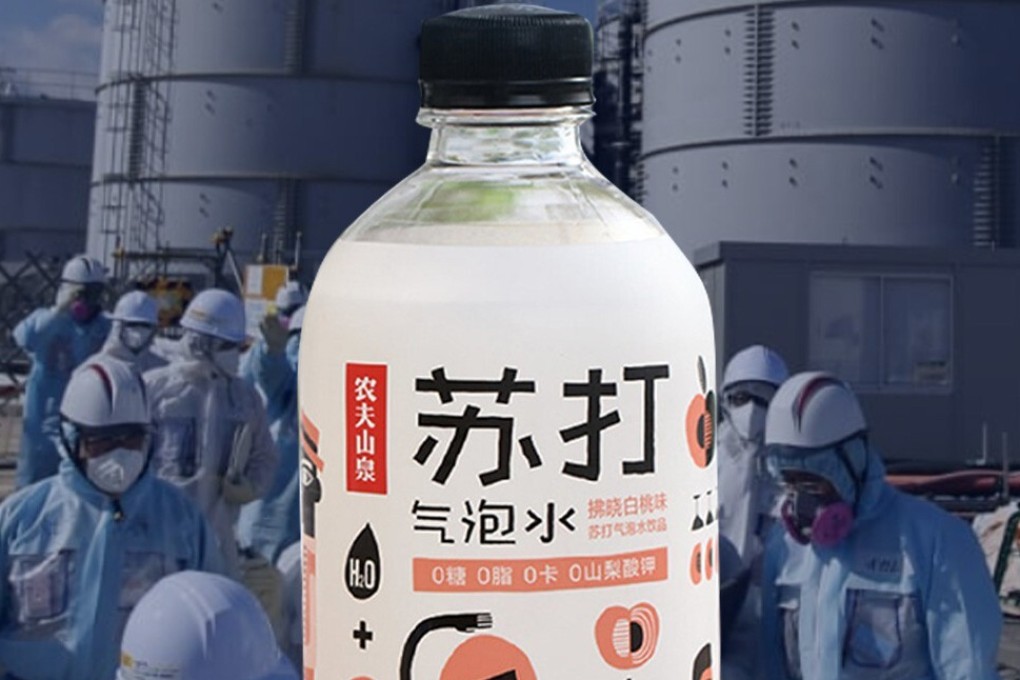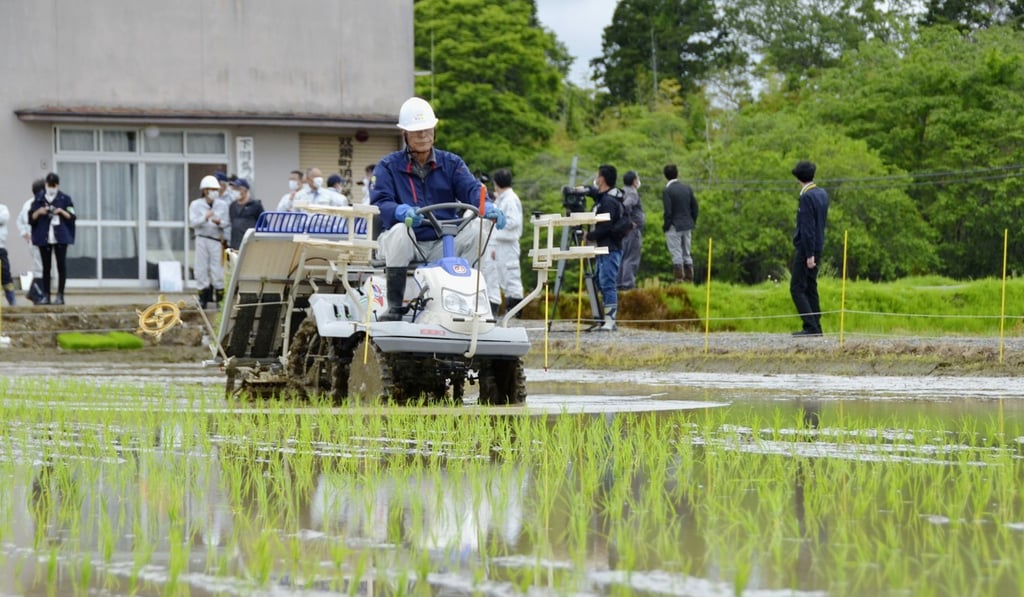Chinese bottled water company flip-flops after deceptive advertisement claims peaches are from Fukushima
- China has banned imports from Fukushima over concerns about radiation contamination
- Nongfu Springs said its flavour was based on Fukushima peaches but did not actually use the fruit

A famous Chinese bottled water brand is under fire after netizens posted pictures of advertisements that said it used ingredients from Japan’s Fukushima Prefecture, the site of the 2011 nuclear disaster.

The Chinese public has been on high alert and vocal against importing Japanese food from these areas. Angry consumers protested a 2018 decision from China to lift a ban on rice imported from Niigata, a prefecture that neighbours Fukushima.
In April, a geopolitical row started between China and Japan after the Japanese government approved a plan to release millions of tonnes of contaminated water into the ocean. The water was treated and diluted, so it now has radiation levels below that of drinking water.
On Sunday, Nongfu Spring issued a notice saying its ingredients aren’t imported from Fukushima but rather created based on the flavour profile of those peaches.